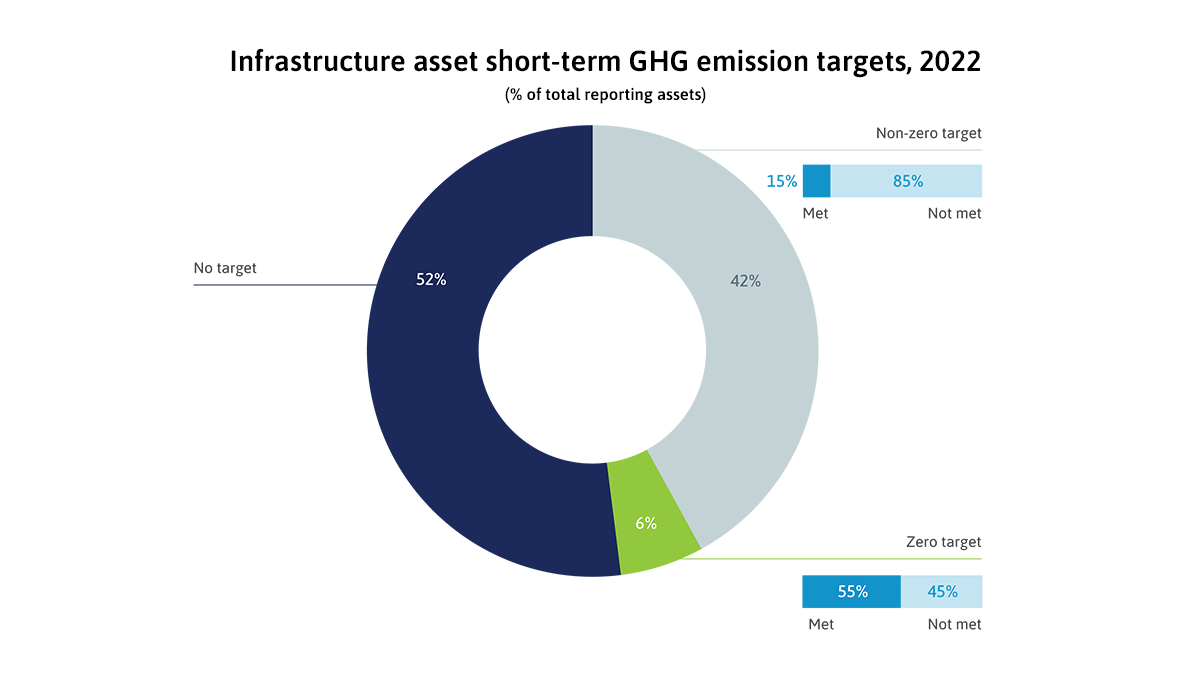185 results found
Featured results



More results
TRL is using satellite imagery and artificial intelligence to assess the condition of rural, unpaved roads more efficiently.
AsianInvestor interviews our CEO on the critical role of investors in promoting net-zero targets in infrastructure
irisGO™ is an AI-enabled camera that facilitates smarter condition monitoring by automating data gathering and analysis of road assets and defects in real time, enabling faster and more secure maintenance for safer roads.
How can collaboration models and public intervention close the infrastructure gap to increase the value that 5G brings?
COLPISTE is a combination of a soil stabilisation solution and a cold layer that makes it faster, more affordable, and more sustainable to construct reliable, all-weather roads in rural environments in developing countries
We speak with the Colouring Cities Research Programme’s Polly Hudson on how open platforms for building attribute data will help to solve common urban challenges, and help increase the quality, sustainability, efficiency, and resilience of buildings.

Resources and examples showcase technology’s role in improving infrastructure performance, and solutions to finance technology and manage risk.


Our latest Q&A explores the key objectives, learnings, and insights from the Infrastructure Governance in Canada Report
The report was created to establish a shared set of principles to unite the sector and assist in aligning policies, strategies, and initiatives towards a circular economy.

McKinsey interviews our CEO, Marie Lam-Frendo about key strategies to help infrastructure leaders to attract private investment and meet net zero goals
Interrelated challenges are common bottlenecks in the planning process for linear infrastructure designed to address climate change. This article explores how the Linear Infrastructure Planning Panel is enabling InfraTech for accessible decisionmaking.
The carbon finance market is evolving rapidly but is fragmented and complex. With project and political risks affecting the private sector’s willingness to enter new carbon markets, what can governments of developing countries do to scale up participation?

In this article, the authors explore the successes and failures of the built environment’s digital transformation to date, why the Smart City concept is necessary but not sufficient and 3 steps for achieving the Adaptive City of the future – one which works for everyone.


The GI Hub is helping ‘connect the dots’ among governments, technology providers, and investors to scale up technological adoption and seize the opportunity for more sustainable roads. Here, we discuss why this is important and what we aim to achieve.
At last week’s meetings of the G20 Finance Ministers in Washington DC in the margins of the World Bank / IMF Spring Meetings, conversations continued to drive toward action on debt, reform of multilateral institutions, and sustainable finance and investment for the climate transition.
In response to a call for submissions issued by the GI Hub and eight multilateral development banks (MDBs) in March 2023, nearly 50 technology providers submitted solutions to make roads more sustainable in emerging markets.
This article breaks down the blockers to InfraTech adoption and why they occur. Use this article to deepen your understanding of the repercussions of problems like poorly defined value cases and disparate interests among parties across the timeline.

In 2022, infrastructure assets improved their ESG scores in all three pillars of ESG. The scores are encouraging, but they do not mean the assets themselves are more sustainable.


The Coalition for Climate Resilient Investment (CCRI) today announced that it has successfully completed the transfer of its portfolio of government and investor-focused climate tools, solutions, and financial instruments to not-for-profit partners. Supported by the CCRI board, the GI Hub is intended to take the role of Secretariat, responsible for collaborating with and supporting the CCRI legacy partners who will continue delivering the core programs begun by CCRI.




 Accelerating Private Capital Mobilisation for Infrastructure: Introducing the GI Hub’s Private Sector Advisory Council
Accelerating Private Capital Mobilisation for Infrastructure: Introducing the GI Hub’s Private Sector Advisory Council















